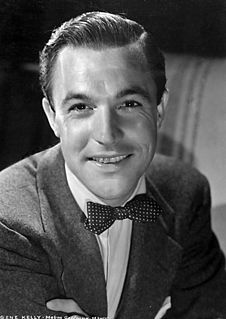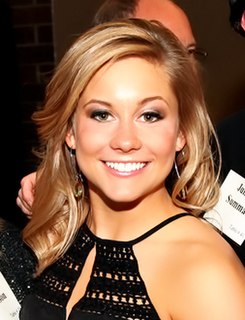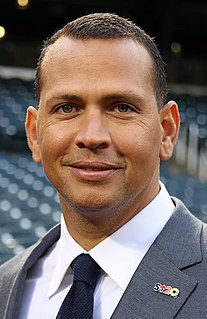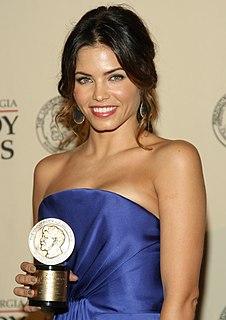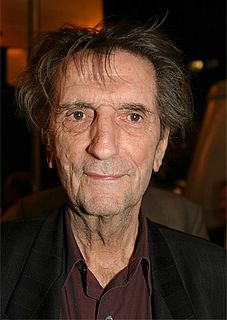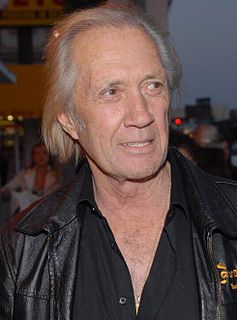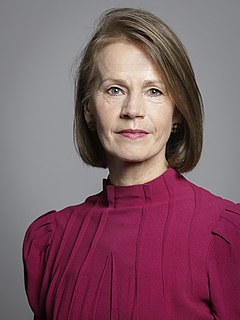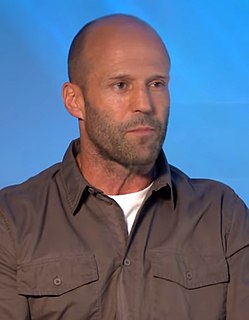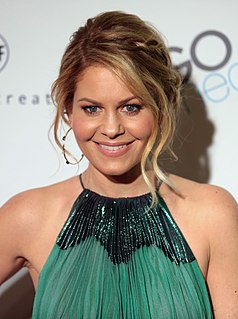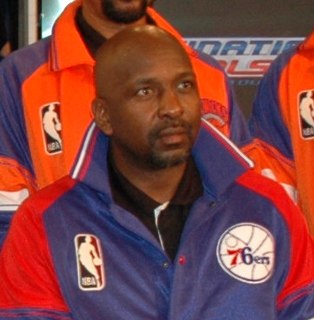A Quote by Gene Kelly
I didn't want to be a dancer. I just did it to work my way through college. But I was always an athlete and gymnast, so it came naturally.
Related Quotes
I was always known as that stocky, muscular, powerful, short, athlete. People always wondered if I was on steroids, and it was because I wasn't that long and lean, flexible, artistic gymnast. It didn't affect me too much but it got to the point where I tried to be that long and lean gymnast, and it just wasn't possible.
A good athlete can enter a state of body-awareness in which the right stroke or the right movement happens by itself, effortlessly, without any interference of the conscious will. This is a paradigm for non-action: the purest and most effective form of action. The game plays the game; the poem writes the poem; we can't tell the dancer from the dance. It happens when we trust the intelligence of the universe in the same way that an athlete or a dancer trusts the superior intelligence of the body.
